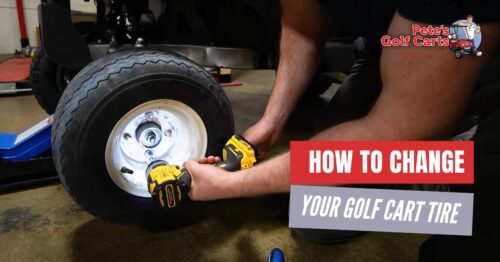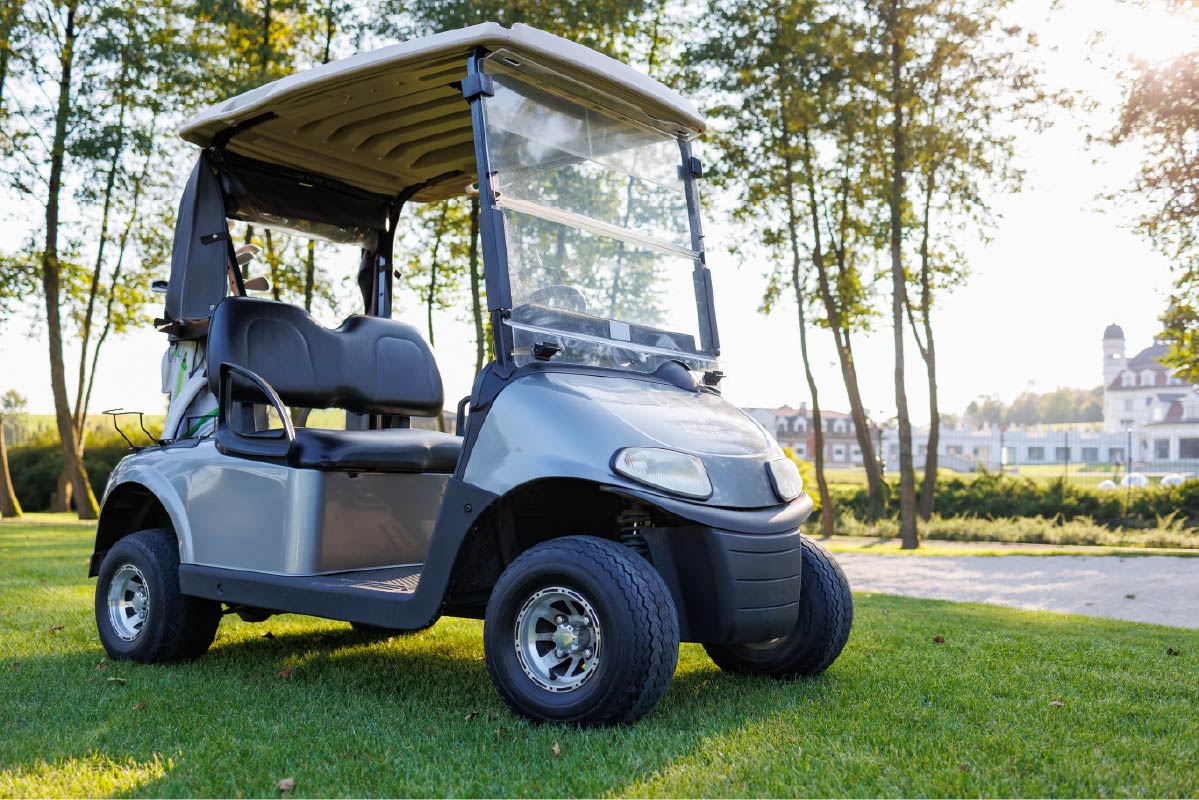Golf carts are a staple on the links, but did you know they’re increasingly zipping around neighborhoods, beach towns, and even some bustling city streets? It’s a convenient, eco-friendly way to get around. However, before you grab your cart keys, it’s crucial to ask yourself: Do I need a license to drive this thing? The answer, like many things in life, is “it depends.” Let’s break it down.
Do You Need a License for a Standard Golf Cart?
In the majority of states, you can operate a standard golf cart on certain designated roads without needing a full-fledged driver’s license. This is fantastic news for golfers and those who simply enjoy the low-speed, open-air convenience these vehicles offer. However, don’t ditch your driver’s education flashcards completely! Here’s why:
Know Your Limits: Golf cart use on roads is typically restricted to streets with speed limits of 35 mph or less. Some locations may have even stricter rules. Always check for local signs or ordinances indicating where golf carts are permitted.
Crossing Restrictions: Even if permitted in your area, you might not be able to cross major highways using a golf cart. Crossing busy roads could necessitate specific designated crossing points or intersections with traffic controls.
Private Property vs. Public Roads: Laws about driving on private property are often more relaxed. Golf courses or gated communities may have their own rules for golf cart use within their boundaries.
The Importance of Local Laws: It’s impossible to provide a blanket answer covering every single town and city in the US. That’s why it’s absolutely vital to contact your local municipality for their specific regulations. They can confirm whether you need any specific permits or registration, even if a driver’s license isn’t required.
Distinguishing Between Golf Carts and LSVs
Let’s break down the key differences between these two cart categories so you can understand when those licensing rules come into play:
Standard Golf Cart
- Speed: The defining characteristic. These carts typically top out at speeds under 20 mph. They’re designed for leisurely transport around courses or short distances in low-traffic areas.
- Features: Focused on functionality rather than flash. Basic headlights, taillights, and simple seating are the norm. You likely won’t find fancy safety features like automotive-grade seatbelts or reinforced windshields.
- Purpose: Primarily intended for use on golf courses, in retirement communities, or within private property with minimal interaction with regular traffic.
Low-Speed Vehicle (LSV)
- Speed: Capable of reaching 20-25 mph, allowing them to integrate slightly better with regular traffic on designated roads.
- Features: Mandated by federal law (FMVSS 500) to have a host of safety features, including:
- Headlights, taillights, brake lights, turn signals
- DOT-approved windshield
- Seatbelts
- Rearview and side mirrors
- VIN (Vehicle Identification Number) allowing for registration and titling
- Purpose: These are the ‘street-legal’ golf carts. Designed for neighborhood commutes, short trips to stores, or use in communities where low-speed transportation is encouraged.
What are the Requirements to Drive a Golf Cart?
Typical Safety Equipment Requirements
Even if your location doesn’t mandate a driver’s license for standard golf carts, there’s often a minimum level of safety equipment required to legally take it on roads with other traffic.
Registration, Permits, and Insurance
The requirements in this category vary wildly, so contacting your local authorities is the best way to get accurate information. Here’s what you might need:
- Registration: Similar to a car, your golf cart might need a registration sticker or plate. This sometimes involves an inspection to ensure safety equipment is in place.
- Special Permits: Some areas have specific golf cart permits, especially if you’re driving in a designated ‘golf cart community’.
- Insurance: While not universal, golf cart insurance protects you financially in case of accidents and is often highly recommended. Check with your homeowner’s or auto insurance provider.
How Old Do You Have to Be to Drive a Golf Cart?
Just because you might not need a driver’s license doesn’t mean there aren’t age restrictions on who gets behind the wheel (or handlebars!) of a golf cart. These age limits are in place for safety and to ensure drivers have a certain level of maturity before operating a vehicle, even a low-speed one.
Common Age Minimums
14 years old: Some states and localities allow driving at this age, often with limitations. These might include:
- Restricted to roads with speed limits of 35 mph or less.
- Only permitted to cross major roads at designated points.
- May not be allowed to drive at night.
16 years old: This is a more common age minimum. At 16, many teens can obtain a learner’s permit for regular vehicles, indicating a level of driving knowledge.
Age minimums with a learner’s permit or driver’s license: Florida is an example of a state with a two-tiered system. Drivers under 16 must possess either a learner’s permit or a full driver’s license to legally operate a golf cart on public roads.
Where to Find Information About Your Area
The best resources for understanding your local golf cart laws are:
- State DMV/BMV Website: Check out their “Golf Carts” or “Low-Speed Vehicles” sections.
- Online Searches: Try “[Your State] golf cart laws” for specific guidance.
wrapping up
Driving a golf cart can be a whole lot of fun – getting you to the 19th hole, the grocery store, or just around your neighborhood with less hassle than a full-size car. Just remember these key points:
Frequently Asked Questions
- Your state’s DMV/BMV website
- Your local city or county government website
- Online searches for “[Your State] golf cart laws”
This varies greatly. Some places require registration, special permits, and even golf cart insurance. Always check with your local authorities for specifics.
Yes! Always drive responsibly, obey traffic laws, be aware of your surroundings, and consider upgrading your golf cart with additional safety features even if they’re not legally mandated in your area.










